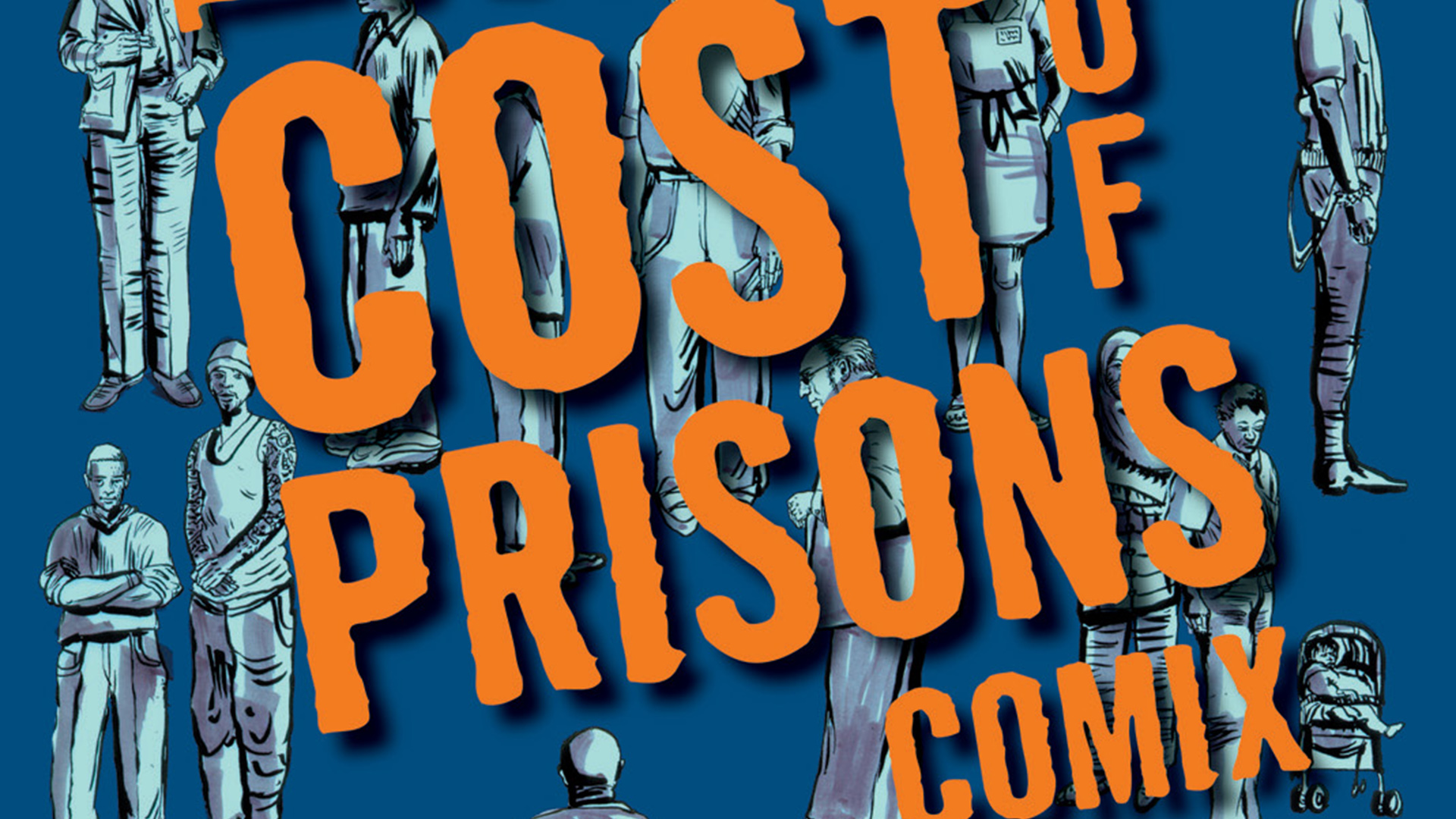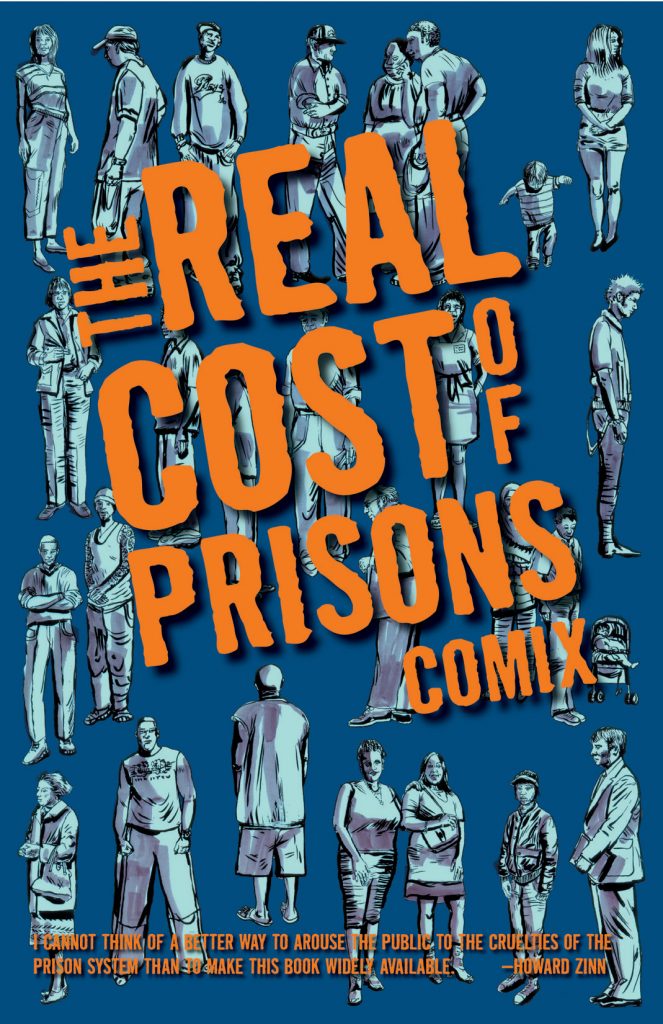By Grace Bauer
Reclaiming Futures
October 06, 2009
There are rumblings throughout the country about racism right now. People are wondering what the implications of racism are, if it still exists, how much it affects and to what extent. These are the kinds of discussions we should be having as a nation. They are long overdue and the results of such discussions would be a welcome change to the silence and the ability of this country to ignore what is plain and evident. Yet it seems they’re slow to begin and could go on for decades before we see any real change.
Now there are some in this country that can afford to wait as the discussion begins; on the other hand, those that are most affected by and involved in the juvenile and criminal justice systems do not have the luxury of waiting. We must take action today, at every opportunity in the future, and be prepared to create opportunities on the days when there are none! We’re lucky in that we have the facts that are indisputable to serve as the starting point for this work. Our country has an addiction to incarceration and based on the staggering statistics of that addiction, it’s one we can no longer afford. Secondly, the criminal and juvenile justice systems are inundated with the appalling history of racism in the US. The focus of our discussion should be, “What are we going to do about it?” If we assume we can no longer wait for the leaders in our field and in our communities to spearhead the work, then the answers we seek lie within us. Are you waiting for change to come or are you willing to roll up your sleeves and push for the change? If you were waiting for the right time, I believe we are there. What can you do? Four things: 1.Educate
- Yourself
- Your family
- Your friends
- Your community
If we’re to confront leadership and power it is incumbent on us to understand the ways in which racism permeates the criminal justice system. Try visiting a few of the following websites and taking a look at those staggering statistics:
Look at a few of these books:
- “No Equal Justice: Race and Class in the American Criminal Justice System” by David Cole
- “Race to Incarcerate” by Marc Mauer
- “The Real Cost of Prisons Comix” by Lois Ahrens
Not up to reading an entire book? Then try a few of these smaller publications:
- “Youth Transferred to Adult Court: Racial Disparities“ from the Campaign for Youth Justice. At the same location, you can also find:
- “Critical Condition: African American Youth in the Justice System“
- “America’s Invisible Children: Latino Youth and the Failure of Justice“
- “Adoration of the Question: Reflections on the Failure to Reduce Racial and Ethnic Disparities in the Juvenile Justice System,” by the W. Haywood Burns Institute.
2. Organize: Once you have some facts to work with and have a good understanding of the issue of race and the criminal justice system, you need to find other folks like yourself who care about this issue. Where are those folks? They’re in all the same places that you are. You may not know who they are because we’re so used to not talking about these issues. Begin by sharing your own story of involvement with the criminal justice system, and before long you will find others who are like-minded. 3. Get Involved:
- Community decision-making tables
- Community events
- Juvenile justice meetings
- Criminal justice meetings
- School board meetings
- County board meetings
Find out what these folks are doing. Attend a meeting or two and familiarize yourself with their agenda and policies. Look for the opportunities that exist in these leadership environments to raise the issue of racism and the intersection of race and criminal and juvenile justice system. For example, you may attend the school board meetings to find that the schools in your area are suspending and expelling children of color at an alarming rate. You can bring attention to this issue by supplying information and possible solutions. By organizing others, you’ll find that your issue becomes more powerful, and as a group you can demand change. 4. Get Connected:
Join the Campaign for Youth Justice’s newest campaign, Join the Movement, on our website, or join us on Facebook and Twitter. You will not only become connected to others that care about our children, but you’ll also find tools and guides to help you as you begin to educate and organize others.
We can no longer look to the leaders to make the change our children and communities need: we must realize that we are the leaders, and the work will begin with us!







